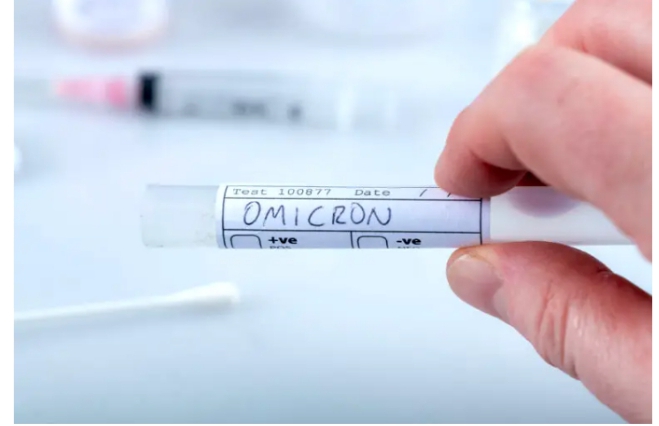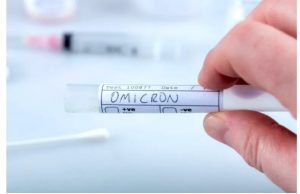World Health Organisation (WHO), yesterday, said the Omicron variant was reaching more African nations, as weekly COVID-19 cases on the continent surged by 93 per cent. However, there are signs of hope, as preliminary data indicate that hospitalisations across South Africa remain low.
The WHO African Region, at a virtual press conference on vaccine rollout and impact of the new variant on the pandemic, facilitated by APO Group, said the continent recorded more than 107,000 infections in the week ended December 5, up from around 55,000. Five countries accounted for 86 per cent of the cases reported over the past week and all the sub-regions – up from one the previous week – reported increases in new cases. Southern Africa recorded the highest with a 140 per cent hike, mainly driven by an uptick in South Africa.
The panelists included Coordinator, Immunisation and Vaccine Development Programme, WHO Regional Office for Africa, Dr. Richard Mihigo and Professor of Molecular Biology and Genomics and Director, African Centre of Excellence for Genomics of Infectious Diseases (ACEGID), Redeemer’s University in Nigeria, Christian Happi.
Also present were Dr. Nicksy Gumede-Moeletsi, Regional Virologist, WHO Regional Office for Africa, and Dr. Thierno Balde, Regional COVID-19 Incident Manager, WHO Regional Office for Africa.
The panelists said research was being intensified to determine whether Omicron is behind the surge.
Emerging statistics from South Africa show that Omicron might cause less severe illness. The data, which reviewed hospitalisations across the country between November 14 and December 4, found that Intensive Care Unit (ICU) occupancy was only 6.3 per cent – which is very low compared with the same period when the country was facing the peak linked to the Delta variant in July.
WHO Regional Director for Africa, Dr. Matshidiso Moeti, said: “With Omicron now present in nearly 60 countries globally, travel bans that mainly target African countries are hard to justify.”
To ramp up response and check the surge, WHO is supporting countries to improve genomic surveillance to track the virus and detect other potential variants of concern.
This comes as Nigeria recorded new infections in 10 states on Wednesday, the Nigeria Centre for Disease Control (NCDC) confirmed.
The new figure marked a significant jump from the 107 cases reported on Tuesday.
NCDC stated yesterday that Lagos State, the epicentre of the virus, reported more 84.2 per cent of the new infections.
The state, it added, reported a backlog of 225 cases for December 7.
Rivers State followed on the log with 17 cases, Enugu, 10 cases and Edo, five cases. Bauchi and Ogun reported three cases each, while Oyo posted two cases.
NCDC added that the fatality toll stood at 2,980 as of Wednesday when confirmed infection figure rose to 215,164. It added that there were 4,664 active cases, while 207,520 infected persons had been treated and discharged from hospitals.






